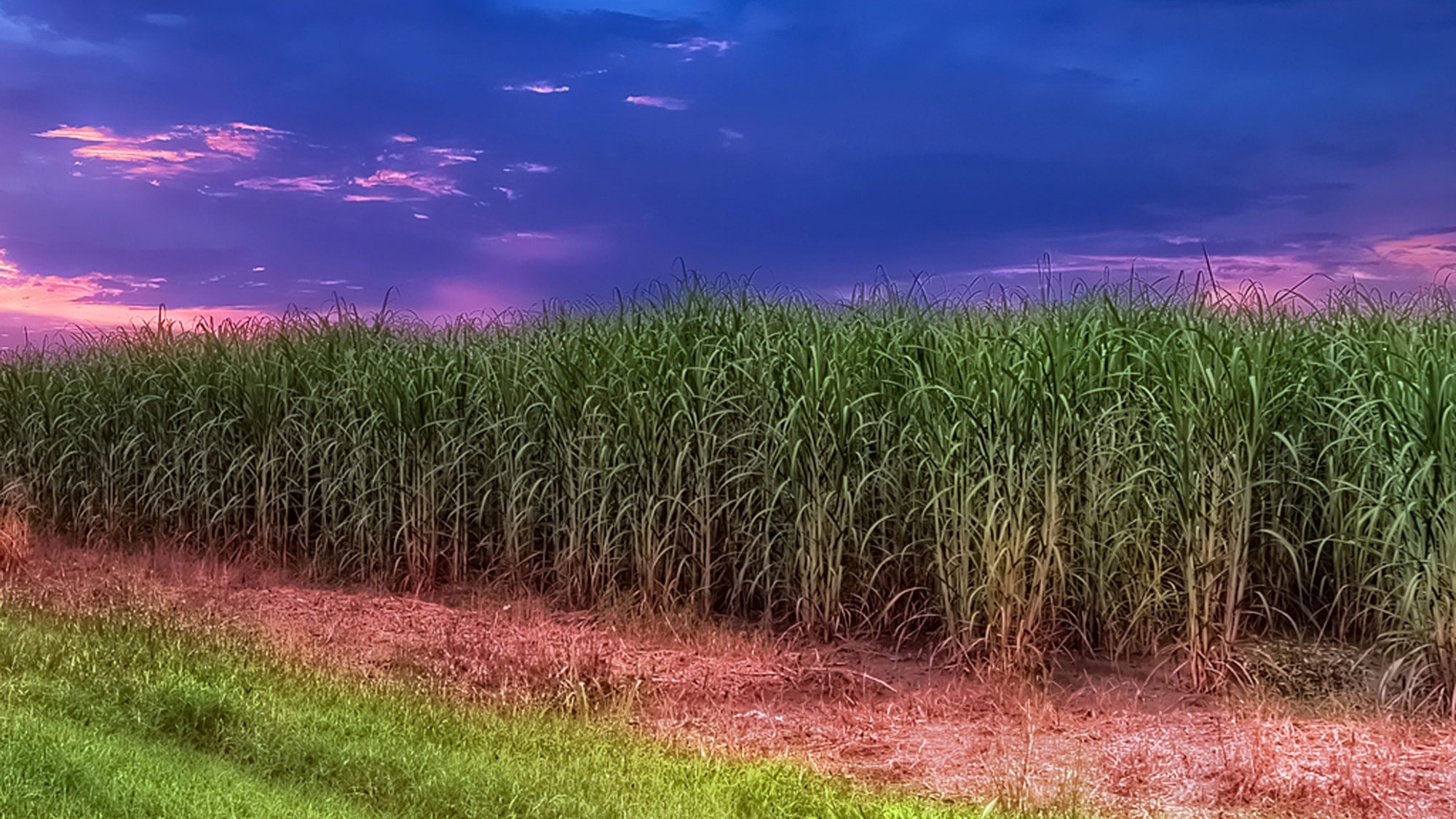How Sugar and Cane Affect Your Taste Buds and Cooking Experience
How Sugar and Cane Affect Your Taste Buds and Cooking Experience
Blog Article
Why Walking Stick Sugar Handling Chemicals Are Essential for Modern Sugar Refining
The function of walking stick sugar processing chemicals in contemporary sugar refining can not be overstated, as they are important to boosting both the performance of removal and the total top quality of the last item. Representatives such as phosphoric acid and details flocculants are used to remove contaminations, resulting in sugar that not just satisfies consumer expectations but also adheres to sector criteria.
Duty of Handling Chemicals
The efficiency of walking cane sugar handling pivots substantially on the strategic application of processing chemicals. These chemicals play a critical role in enhancing the performance and quality of sugar removal and refining. From the first phases of juice extraction to the final purification actions, handling chemicals help with various important operations.
In the removal stage, chemicals such as phosphoric acid and calcium hydroxide are used to optimize the clarification procedure, assisting to remove contaminations and put on hold solids from the cane juice. This not just enhances the yield yet likewise ensures the clarity of the last product. In addition, agents like flocculants help in the fast settling of impurities, therefore enhancing the overall procedure.
As the processing advances, chemicals are used in decolorization and crystallization phases. Activated carbon and ion exchange materials serve to get rid of shade and odor, making certain that the refined sugar fulfills consumer top quality standards. Inevitably, the role of handling chemicals extends beyond functional efficiency; they substantially impact the sensory qualities of the last product, adding to market competition. Thus, the thorough selection and application of these chemicals are crucial for attaining optimal results in walking cane sugar processing.
Trick Kinds Of Chemicals
Walking cane sugar handling relies upon a variety of essential chemicals that assist in each phase of manufacturing. These chemicals play necessary duties in clarifying, bleaching, and purifying the sugar extracted from cane.
One main group of chemicals consists of flocculants, such as polyacrylamide, which help in the explanation procedure by advertising the gathering and settling of contaminations. In addition, calcium hydroxide is often employed to neutralize level of acidity and aid in the elimination of non-sugar parts.
Lightening representatives, such as triggered carbon and sulfur dioxide, are used to decolorize the syrup, resulting in a clearer last item. These chemicals assist get rid of color compounds that might influence the sugar's look and marketability.
Additionally, phosphoric acid functions as a pH regulator throughout the handling stages, guaranteeing optimal conditions for the chemical activities involved in sugar extraction and filtration.
Various other essential representatives include edta (ethylenediaminetetraacetic acid), which chelates metal ions that can catalyze unwanted reactions, and salt hydroxide, which helps in pH control throughout the refining procedure. Collectively, these chemicals enhance performance and guarantee a top quality walking cane sugar item.
Benefits for Sugar High Quality
Often forgotten, using particular processing chemicals considerably improves the general top quality of walking cane sugar. These chemicals play an essential role in refining processes, making certain that the final item meets rigid industry requirements for pureness and preference.

In addition, refining chemicals assist in accomplishing a consistent granulation and texture, which are critical for customer approval. By managing the crystallization process, these chemicals make certain that the sugar crystals create consistently, resulting in a more enticing item that dissolves well in various applications.
In addition, the usage of these chemicals can enhance the service life of walking cane sugar by decreasing wetness absorption and microbial growth. On the whole, the calculated application of processing chemicals is essential for supplying top notch walking stick sugar that meets customer expectations and sector demands.
Ecological Effect Factors To Consider

Furthermore, the energy-intensive nature of sugar refining, intensified by chemical usage, typically leads to boosted carbon exhausts. This adds to environment adjustment and elevates worries pertaining to the sustainability of existing refining techniques. In addition, the sourcing of these chemicals might include methods that click resources endanger biodiversity, such as monoculture farming, which decreases the durability of agricultural ecosystems.

To alleviate these effects, sugar refiners are increasingly exploring lasting options and embracing best techniques that lessen chemical usage. Executing strenuous ecological administration systems can help make certain that the refining procedure aligns with environmental criteria and promotes biodiversity. Inevitably, a well balanced method that focuses on both sugar high quality and environmental stewardship is crucial for the lasting explanation practicality of the sugar sector.
Future Fads in Refining
As the sugar market grapples with the environmental challenges related to standard refining methods, cutting-edge techniques are emerging to improve both efficiency and sustainability. One substantial trend is the fostering of green chemistry concepts, which prioritize making use of non-toxic, eco-friendly processing chemicals. This shift not just minimizes ecological influence however additionally addresses consumer need for cleaner manufacturing techniques.
An additional promising growth is the implementation of sophisticated filtration innovations, such as membrane layer separation and adsorption processes. These strategies improve the clearness and top quality of the sugar while decreasing the quantity of wastewater created during refining. Furthermore, the assimilation of digital innovations, consisting of IoT and AI, is changing operational effectiveness by allowing real-time surveillance and predictive maintenance, therefore decreasing source waste.
Furthermore, using byproducts from sugar refining, such as bagasse and molasses, is gaining traction. These materials can be converted right into biofuels or value-added items, adding to a round economy within the market. Jointly, these patterns signify a change towards more sustainable practices that not only improve functional performance but likewise line up with worldwide sustainability goals, making sure the future stability of sugar refining.
Verdict
Walking stick sugar processing chemicals are vital in modern-day sugar refining, significantly enhancing the efficiency and quality of sugar extraction. The strategic usage of these chemicals not just boosts the pureness and flavor of our website the final product but also ensures regular crystallization and texture. As the industry significantly focuses on sustainability, the adoption of environmentally-friendly processing representatives is most likely to form future patterns in refining, eventually resulting in better items and expanded shelf life for consumers.
:strip_icc()/How-to-Plant-and-Grow-Sugar-Cane-965303384-2fdac181359d44c185dfa7988fc181a8.jpg)
Eventually, a well balanced strategy that prioritizes both sugar high quality and ecological stewardship is essential for the long-lasting stability of the sugar industry.
Cane sugar handling chemicals are crucial in modern sugar refining, considerably improving the performance and quality of sugar extraction.
Report this page